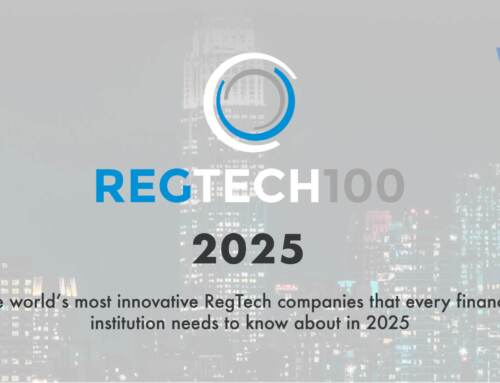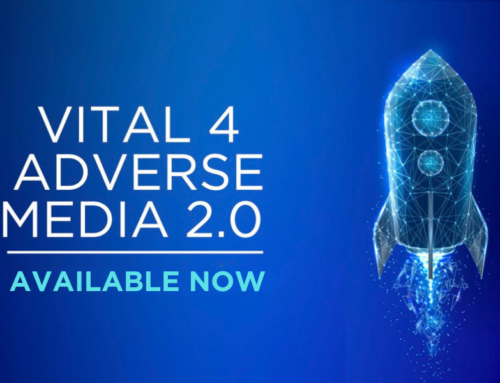Last week, Vital 4 exhibited at the AML & FinCrime Tech Forum and had the opportunity to speak with different stakeholders across the industry. We discussed technology, platforms, data, and process, with many disparate experts, and here are some of our key takeaways.
Many major data platforms are not updating their source data regularly.
Up-to-date data is key. Outdated data is not just inconvenient, it’s not compliant. False positives or false negatives due to outdated data are a major risk for organizations, even if their process is rock solid.
As datasets expand exponentially, having AI-driven systems to help companies weed through data to find key information is critical.
Automation in the updating and delivery of datasets ensures data is sourced and filtered efficiently and regularly. AI-driven data filters allow users to drill down to key data points without sifting through mountains of unrelated data that are difficult to manage. Without an AI-based system, many companies have too much data to manage already.
Data consumers like banks have large appetites for more data but also have to be good data stewards and parse data well to really get value from it.
Storing data securely and understanding what data is important is key to making good use of the data repository you have. There are huge risks in the case of data breaches, both in reputation and financially, that companies have to avoid. Beyond being a good steward, data has little use if not filtered and parsed in a way that is useful, it becomes meaningless. A key task for any data consumer going forward is ensuring data security and usability.
Less, more relevant data is more important than mountains of data that a data-consumer can‘t parse well.
In the past, the quantity of data available has been seen as the metric of data value. Data consumers are quickly realizing that the quality of data and data organization is much more important in terms of value than the raw number of records/results available.
Legacy systems that lack AI/Machine learning and automation, or utilize old architectures, don’t integrate well or easily and are difficult to use as datasets expand.
Tight integration of risk mitigation and due diligence systems is a crucial part of consuming data efficiently and reducing risk. Often, legacy systems are patched together or utilize old technology platforms that are inflexible to change. Stakeholders are looking for modern systems that can deal with the modern realities in data.
Uncertainty in future regulations means that companies need solutions that will be agile and flexible to new requirements.
As regulations shift in the US, EU, and UK, platform agility is key. Stakeholders need to know that the platform they use will be flexible enough to adapt to regulatory changes that may occur at any time with notice as short as months as legislatures pass new laws.
Overall, the AML & FinCrime Tech Forum was a great opportunity to put our heads together with industry experts and understand the trends they are seeing and the concerns that they currently have. We look forward to continuing these conversations throughout the year as we all navigate new challenges and the rapid digitization experienced in 2020.





